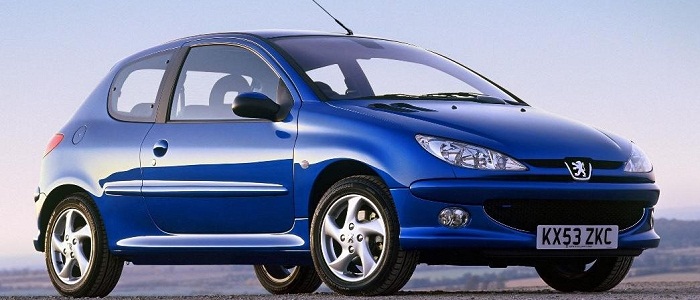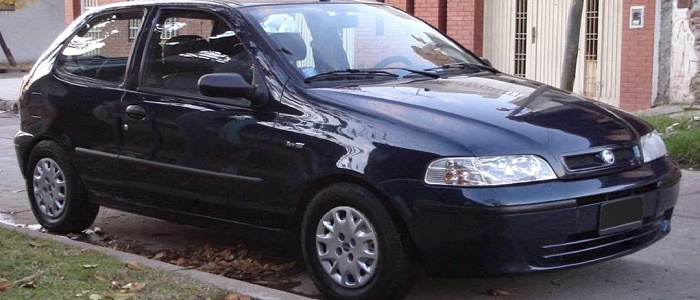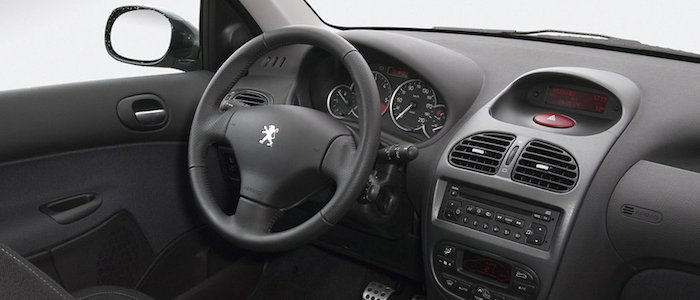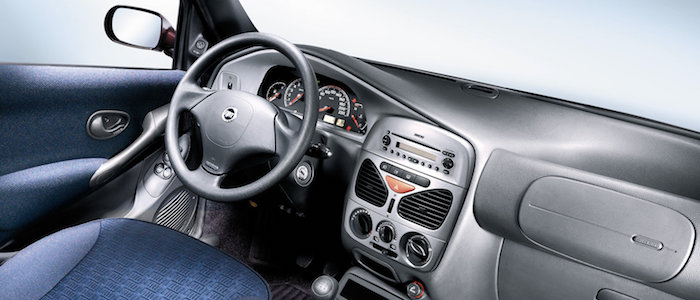Compare two cars
Compare any two cars and get our Virtual Adviser™ opinion
Dimensons & Outlines
Check a car with 30% off a report
Engine
Performance (manual gearbox)
Performance (automatic gearbox)
Expenses
Virtual Adviser's™ opinion
Well, these are two pretty similar cars we have here! It's only details that could potentially make the difference. Considering they both belong to the city car segment and utilize the same 3-door hatchback body style and the front wheel drive system, it all comes up to the specific diesel engine choice they offer. The first one has a Peugeot-engineered powertrain under the hood, a 4-cylinder, 8-valves 90hp unit, while the other one gets its power and torque from a 4-cylinder, 8-valves 80hp engine designed by FIAT.
SafetyThe fact that the Peugeot got tested by the European New Car Assessment Programme (Euro NCAP), while the other contender didn't, offers a slight advantage, as the 4-star rating is better than none. Still, apart from the official crash test results there are other things we need to be aware of. Both vehicles belong to the city car segment, which is generally not a very good thing safety-wise, but it doesn't do much to help us decide between the two. On the other hand, taking kerb weight as an important factor into account, the Italian car offers a considerable difference of 15% more metal.
ReliabilityI don't like generalizing things when it comes to reliability, although it does seem that both brands display similar results in faults and breakdowns, at least on all of the models level. That's the official data, while our visitors describe reliability of Peugeot, as well as FIAT, with the same average rating of 4.3 out of 5. Some independent research have also placed 206 as average reliability-wise, and Palio is more or less at the same level.We should definitely mention that owners of cars with the same powertrain as the French car rank it on average as 4.3 out of 5, exactly the same as the other one.
Performance & Fuel economyPeugeot is way more agile, reaching 100km/h in 3.4 seconds less than its competitor. In addition to that it accelerates all the way to 180 kilometers per hour, 16km/h more than the other car. When it comes to fuel economy an obvious choice would be the Italian car, averaging around 0 liters of fuel per 100 kilometers (0 mpg), in combined cycle. That's 100% difference compared to the French car!
Verdict
FIAT appears just a bit more reliable, although the difference is truly marginal. The most important thing when deciding between any two vehicles should always be safety, both passive and active. In my opinion, everything taken into account, the French car offers significantly better overall protection, taking the lead here. It all continues in the same direction, with Peugeot outracing its opponent in any situation possible, making it better choice for boy racers. It does come at a cost though, and that's the fuel consumption... It's really tough to make a final decision here, but if I'd need to, I'd say Peugeot. In any case that's my personal view, built upon all the data available to me. What should decide here though is the way you feel about the two vehicles, and I hope you'll find my guidelines useful in the process. I suggest you spend two more minutes in order to find out which car, based on your needs and budget, would be picked by the virtual adviser™, out of 12.000+ vehicles we currently have in our database.
































